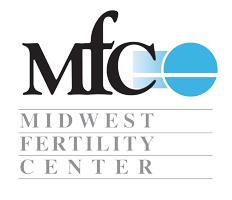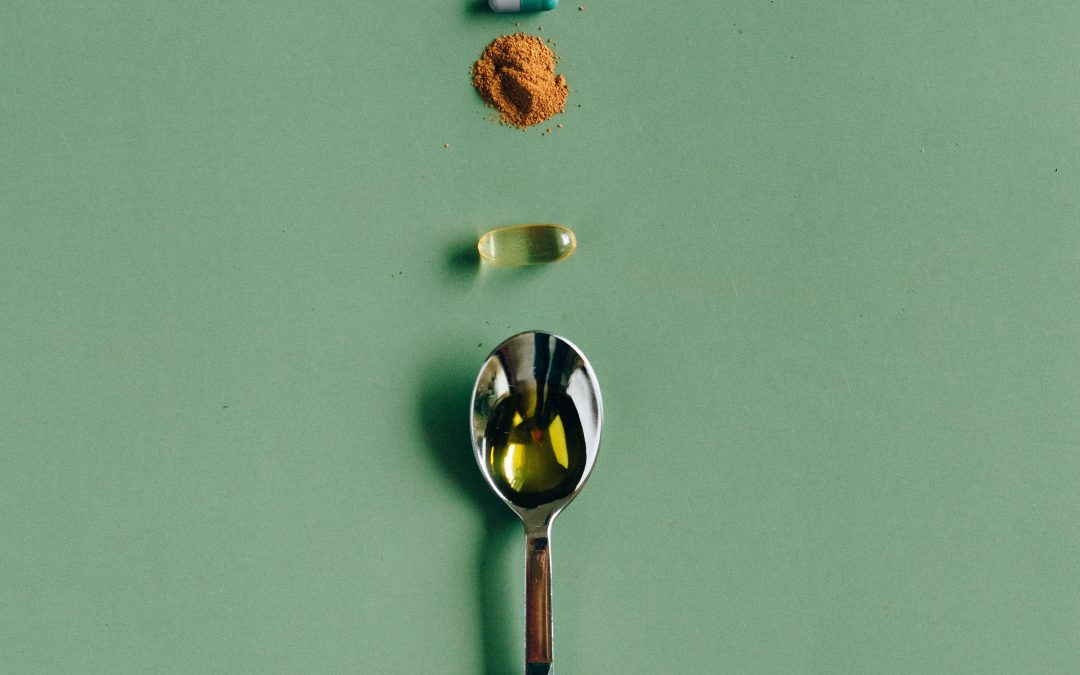Pregnancy is a beautiful and transformative time in a woman’s life. It’s a period of immense growth and development, both for the mother and the baby. During this crucial time, it’s essential for expectant mothers to pay close attention to their nutritional intake. While a balanced diet is the cornerstone of a healthy pregnancy, health supplements can play a vital role in ensuring that both the mother and the growing baby receive all the necessary nutrients.
Pregnancy places increased demands on a woman’s body, requiring higher levels of certain vitamins and minerals to support the developing fetus and to maintain the mother’s own health. Health supplements can help bridge the nutritional gaps that may arise, especially when dietary intake alone may not be sufficient.
One of the most important supplements during pregnancy is folic acid, also known as folate. Folic acid is crucial for the early development of the baby’s neural tube, which eventually forms the brain and spinal cord. Adequate intake of folic acid can significantly reduce the risk of neural tube defects, such as spina bifida. It’s recommended that women of childbearing age take folic acid regularly, as neural tube development occurs in the early weeks of pregnancy, often before a woman even knows she’s pregnant.
Iron is another essential nutrient during pregnancy. The body’s demand for iron increases significantly to support the expansion of the mother’s blood volume and to provide oxygen to the growing fetus. Iron deficiency during pregnancy can lead to anemia, which can have adverse effects on both the mother and the baby. Health supplements containing iron can help prevent or treat iron deficiency anemia.
Calcium and vitamin D are also crucial for the development of the baby’s bones and teeth. These nutrients play a vital role in the mineralization of the fetal skeleton. If a pregnant woman’s diet is lacking in these nutrients, supplementation can help ensure that both the mother and the baby receive adequate amounts.
Omega-3 fatty acids, particularly DHA (docosahexaenoic acid), are important for the development of the baby’s brain and eyes. These essential fatty acids are found in fish oil supplements and are beneficial for the baby’s cognitive and visual development.
It’s important to note that not all supplements are safe during pregnancy, and it’s crucial for expectant mothers to consult with their healthcare provider https://mfcfamily.com/ before starting any new supplements. Some supplements, herbs, and botanicals may pose risks to the developing baby, so it’s essential to seek professional guidance.
In conclusion, health supplements can be a valuable addition to a pregnant woman’s routine, helping to ensure that she and her baby receive the necessary nutrients for a healthy pregnancy and optimal fetal development. However, it’s important to remember that supplements should complement a well-balanced diet, not replace it. With the guidance of a healthcare provider https://mfcfamily.com/, expectant mothers can make informed decisions about which supplements are right for them during this special time in their lives.

